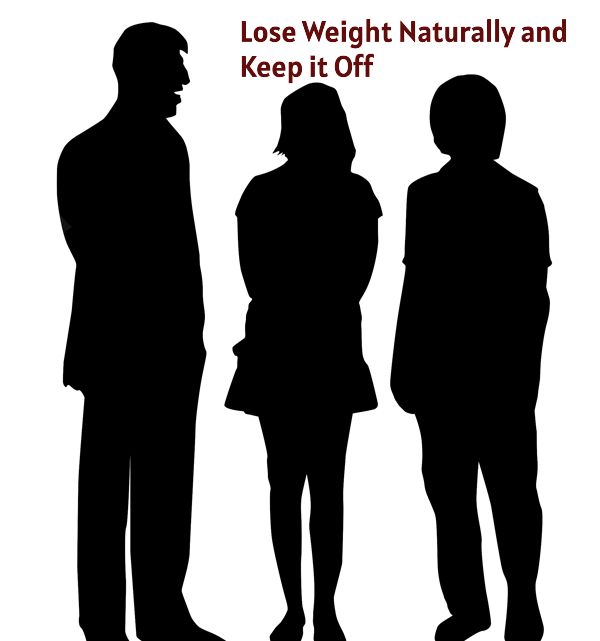Sun Exposure and Our Health
- Terri Edwards

- Aug 1, 2022
- 3 min read

Sunlight
There are few things that we can be sure of every day, but one thing that does not change is that as each day comes and goes, the sun rises and the sun sets.
And each day when we venture outside, we are exposed to sunlight.
Research shows that sunlight can be both beneficial and harmful to our overall health, and the deciding factors may be as unique as the individual.
Below we’ll take a look at what research says about the benefits and hazards of sunlight to our health.
Benefits of sunlight:
Vitamin D levels
More than one hundred years ago scientists found that sun exposure on the skin was able to cure rickets, a skeletal disorder that leads to soft, weak bones due to a vitamin D deficiency (1).
Vitamin D is an essential fat-soluble nutrient that plays a major role in healthy bones, cell growth, calcium absorption, immune function, glucose metabolism, and reduced inflammation in the body, among other things (2).
This vital nutrient can be found in a few foods like egg yolk, fatty fish, and mushrooms, but primarily vitamin D is produced by the body when the skin is exposed to ultraviolet rays from the sun (2).
The risk of death from diseases, like cardiovascular disease and cancer, is lower in individuals with sufficient vitamin D levels, which is defined as 30-80 ng/mL), while insufficiency of vitamin D is defined as less than 30 ng/mL of vitamin D (25 (OH) D) (1).
Vitamin D is metabolized in the liver and then converted in the kidneys to its active form, which is regulated by the parathyroid, calcium, and phosphorus levels in the body, so if any of these organs or systems are dysfunctional, vitamin D levels can suffer even if we get enough sunlight on our skin (3).
A simple and relatively inexpensive blood test can help determine if you have a vitamin D deficiency. The most common test is the 25-hydroxy vitamin D test because it is an accurate way to measure vitamin D levels in the body (4).
Sunlight, our skin, retina, and serotonin
Serotonin is a neurotransmitter and hormone that carries messages through the body telling the body how to work and also plays a role in learning, memory, body temperature, sleep, hunger, and happiness (5).
Our skin produces serotonin in the epidermis within keratinocytes, the skin cells that produce keratin (6).
When sunlight enters the eye, it triggers the release of serotonin which can affect our mood, memory, stress response, appetite, and even motor control (7).
Additionally, researchers have found that when morning light enters the eye, a 17% improvement in participants' vision occurred after just a few minutes of deep red light exposure (8).
So, when we get sunlight on our skin or when it enters our eyes, the photostimulation of serotonin can improve our learning, memory, sleep, and happiness among other things.
A few other benefits of sun exposure include the formation of nitric oxide which supports brain health, melatonin for better sleep, as well as regulation of the immune system and circadian clocks of the body (9).
Hazards of sunlight:
Skin cancer
Sunburnt skin has been exposed to ultraviolet radiation from the sun for too long, which can damage skin cell DNA and cause skin cancer (10) (11).
Avoiding sunburnt skin will help to prevent skin cancer due to excessive ultraviolet radiation exposure.
Defining “excessive sun exposure” can be tricky because this will depend on many factors such as your skin type (light or dark), nutrient levels, and the UV index or the strength of the sun’s rays at a particular place and time of day (1).
Individuals with fair (light) skin coloring are said to be at greater risk for sunburn than those individuals with darker skin coloring and the Fitzpatrick scale has been used by dermatologists to gauge the skin’s reaction to UV exposure and to assess the risk for sunburn (12).
Darker skin contains more melanin which acts like a natural sunscreen for the body (13).
Whether you have fair or darker skin coloring, the CDC recommends that when the UV index is 3 or higher, you should stay in shaded areas outside, wear clothing that covers exposed skin, and use sunglasses to protect your eyes (14).
If you would like to approximate how much time you can spend in the sun without getting a sunburn, you may want to try an app, like dminder, which also informs on levels of vitamin D.




Comments